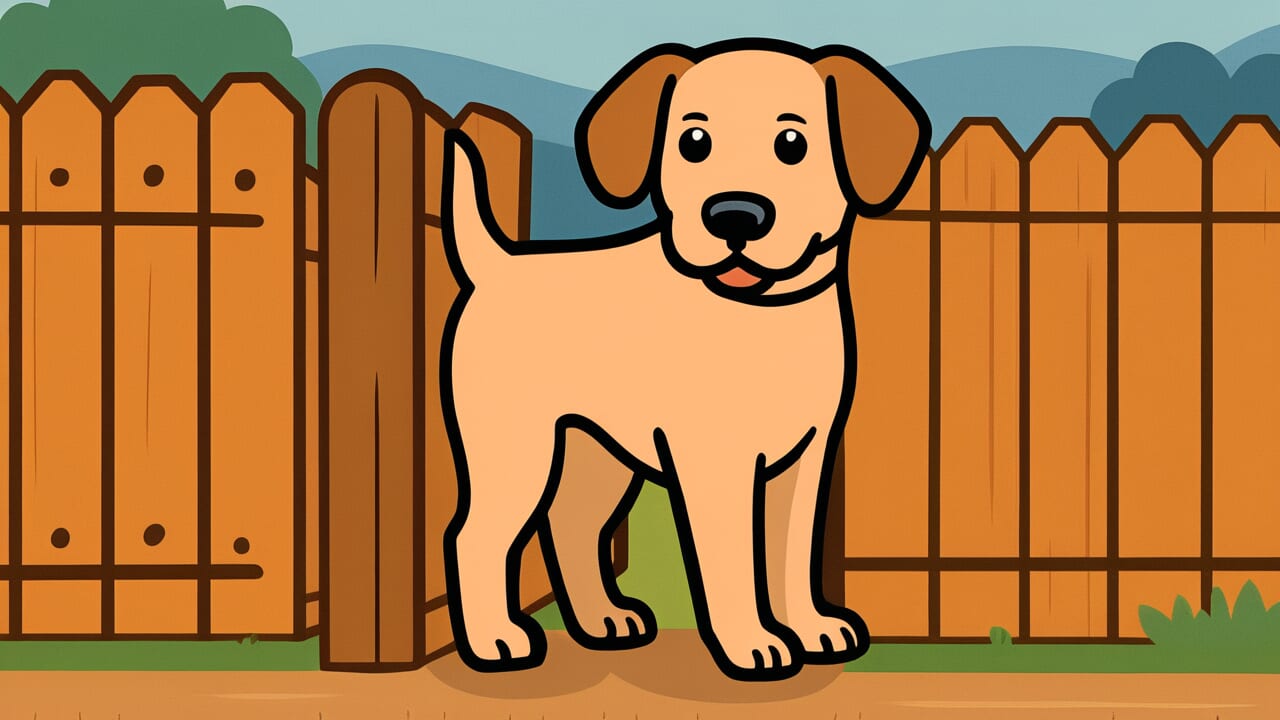How to Read “When the fence is strong, dogs cannot enter”
Kaki katakushite inu hairazu
Meaning of “When the fence is strong, dogs cannot enter”
“When the fence is strong, dogs cannot enter” means that if you strengthen your defenses properly, you can prevent intrusions and attacks from outside.
Just as dogs cannot enter when you build a sturdy fence, you can prevent troubles and dangers by taking sufficient measures in advance.
This proverb is used when explaining the importance of crisis management and prevention. It emphasizes preparing beforehand to prevent problems rather than rushing to deal with them after they occur.
This way of thinking applies to many situations, including security measures, risk management, and advance preparation.
Today, people understand this proverb in broader contexts like information security, privacy protection, and disaster preparedness.
Installing firewalls, creating strong passwords, buying insurance, and checking evacuation routes are all concrete defensive actions that embody this lesson.
Origin and Etymology
No clear written records explain the origin of this proverb. However, we can make interesting observations from how the words are structured.
“Kaki” refers to fences or walls that surround homes and properties. Since ancient times, Japanese people have defined the boundaries of their dwellings with bamboo fences, hedges, and earthen walls.
These were not just dividers. They were important defensive structures that prevented intrusions from outside.
The word “dog” appears in this proverb, but it likely does not refer only to literal dogs. In old Japanese, “dog” was sometimes used to represent stray dogs, wild animals, and even unwanted intruders in general.
Wild dogs in those days were more dangerous than today. They threatened people’s lives.
This proverb probably emerged from actual experiences in farming communities. Building a solid fence could prevent animals from destroying crops and keep suspicious people out.
This practical wisdom was condensed into a saying. Eventually, this concrete lesson became established as words that teach the broader meaning of “the importance of defense.”
This is a typical example of everyday wisdom being elevated into life lessons.
Usage Examples
- Before introducing the new system, let’s make security measures perfect with the spirit of “When the fence is strong, dogs cannot enter”
- Personal information management should have been strict from the start, following “When the fence is strong, dogs cannot enter”
Universal Wisdom
The proverb “When the fence is strong, dogs cannot enter” reveals humanity’s fundamental desire for defense and safety.
Why have people throughout history and across cultures built castle walls, installed gates, and defined boundaries? Because securing a space where we can live peacefully is humanity’s most basic wish.
This proverb teaches more than just physical defense. It embodies the life philosophy of “preparedness prevents worry.”
Everyone wishes to protect themselves from unexpected troubles and dangers. What’s interesting is that people continue trying to strengthen their defenses even while knowing that perfect defense does not exist.
This contradiction might be what makes us human. We understand that complete safety is an illusion, yet we still prepare as much as possible.
The act itself represents human will to face anxiety and control the future.
Our ancestors realized something important. Even though completely eliminating external threats is impossible, having a solid fence at least lets you sleep peacefully.
This sense of security becomes the foundation for living creatively. Defense is not a passive act but a prerequisite for living actively.
This is what the proverb quietly tells us.
When AI Hears This
Donella Meadows, founder of systems thinking, proposed leverage points theory. It identifies 12 levels of effectiveness for interventions that change systems.
“Strengthening the fence” shown in this proverb actually corresponds to “changing the physical structure of the system.” This ranks third most effective among the 12 levels.
The difference in effectiveness between problem-solving methods is fascinating. For example, when dogs intrude, “increasing personnel to chase them away” is the least effective intervention, ranked 12th.
“Creating rules with fines for dogs found” ranks 8th. But “building a fence they physically cannot enter” ranks 3rd, with effectiveness said to be over 10 times greater.
Why? Because a fence functions automatically 24/7 without requiring human attention or willpower.
The same principle is proven in modern cybersecurity. Data shows that creating network structures inaccessible from outside (3rd) has over 95 percent higher defense success rates than monitoring attacks with intrusion detection systems (12th).
In other words, this proverb captures an essential truth. Creating structures where problems physically cannot occur produces maximum effect with minimum energy, rather than dealing with problems after they arise.
Lessons for Today
What this proverb teaches modern people is the value of prevention. We often rush to deal with problems only after they occur.
But what’s truly wise is taking action before problems arise.
In modern society, we are surrounded by various risks. Information leaks, health problems, relationship troubles, and financial difficulties all threaten us.
You can prepare in advance for all of these. Password management, regular checkups, honest communication, and saving habits may seem mundane and bothersome.
But these “fences” protect you.
What matters is that you don’t need to aim for perfection. No matter how solid a fence is, it cannot prevent all threats.
Still, preparing within your means has great significance. It does more than just prevent damage. It creates a foundation for living positively with peace of mind.
Why not start building the fence that protects the garden of your life, little by little, starting today?



Comments